Keywords: Immigration Detention
-

AUSTRALIA
- Andrew Hamilton
- 04 December 2024
Australia’s recent immigration detention laws reveal a stark shift in governance, prioritising power over human dignity. As families face indefinite separation and bureaucrats enforce policies with brutal efficiency, the High Court's rebuke offers a glimmer of ethical resistance. But can such laws truly claim legitimacy in a democratic society?
READ MORE
-
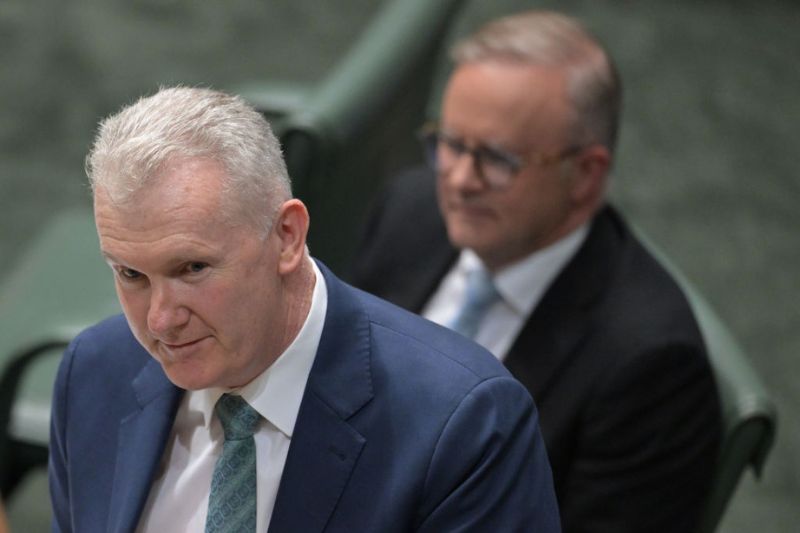
AUSTRALIA
- Frank Brennan
- 04 December 2024
1 Comment
When High Court rulings challenge government policy, they usually prompt reflection and refinement. But for the Federal Government, a recent decision on non-citizen rights has sparked a legislative overreach, mirroring the Opposition’s hardline stance.
READ MORE
-
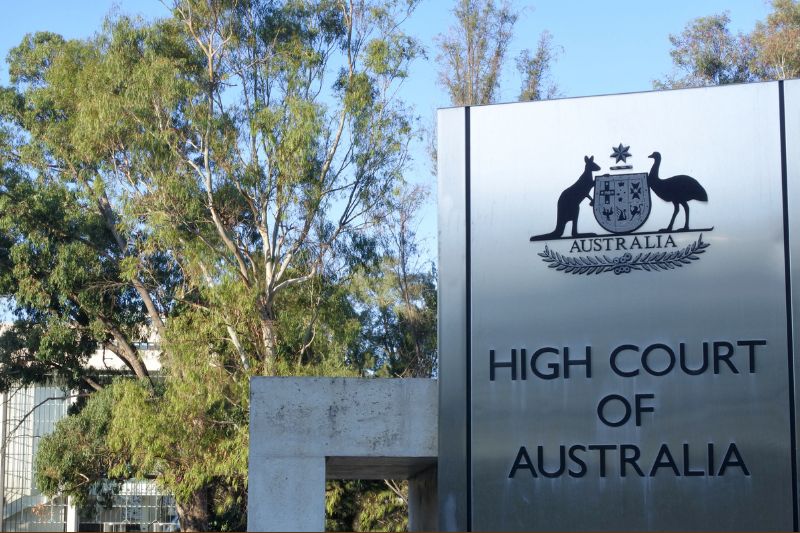
AUSTRALIA
- Frank Brennan
- 08 November 2024
7 Comments
Last week, Australia’s High Court blocked government restrictions on non-citizens with criminal records. As Parliament scrambles to impose new restrictions, Chief Justice Stephen Gageler’s court remains steadfast against policies deemed discriminatory and excessively punitive.
READ MORE
-

INTERNATIONAL
- Robin Osborne
- 05 September 2024
1 Comment
Pope Francis has frequently voiced sympathy for refugee concerns and before leaving on this trip, he reaffirmed his call for safe migration pathways for people fleeing their own countries for fear of persecution, describing any refusal to harbour asylum seekers as a ‘grave sin’.
READ MORE
-

AUSTRALIA
- Kerry Murphy
- 05 July 2024
There is no doubt that laws for determining refugee status and onshore protection are complex. The cases of NZYQ and ASF17 demonstrate that when laws regarding asylum and protection intersect with laws regarding character and protection of the community, the results can be extremely messy.
READ MORE 
-
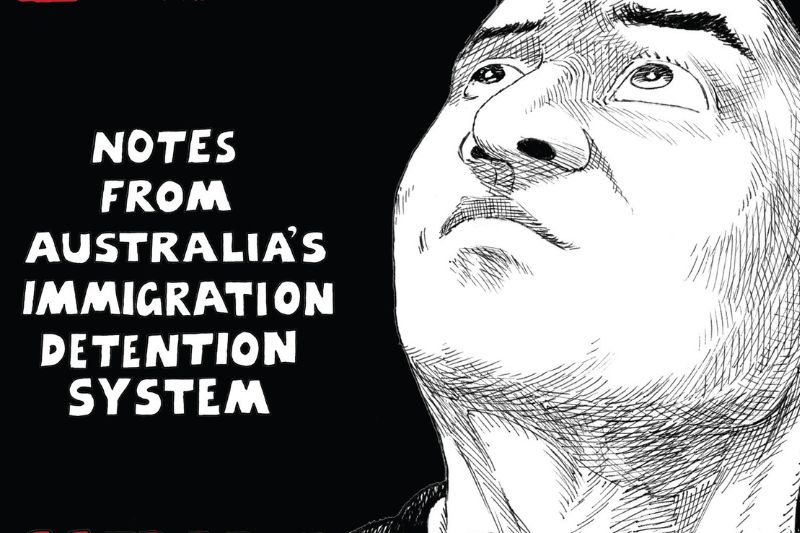
AUSTRALIA
- Danielle Terceiro
- 18 June 2024
In Still Alive: Notes from Australia’s Immigration Detention System (2021), artist Safdar Ahmed shares the harrowing stories of asylum seekers through comic art. He vividly depicts their plight by incorporating artwork from a drawing group he started at Villawood Detention Centre.
READ MORE
-

AUSTRALIA
- Frank Brennan
- 13 May 2024
2 Comments
The Albanese government’s refugee and asylum policy is in a mess. When Minister Giles introduced his Migration Amendment Bill, they bypassed typical parliamentary procedures, wanting to be seen as tougher than Peter Dutton in getting unvisaed non-citizens out of the country. It’s time for the government to return to due process in this whole field.
READ MORE
-
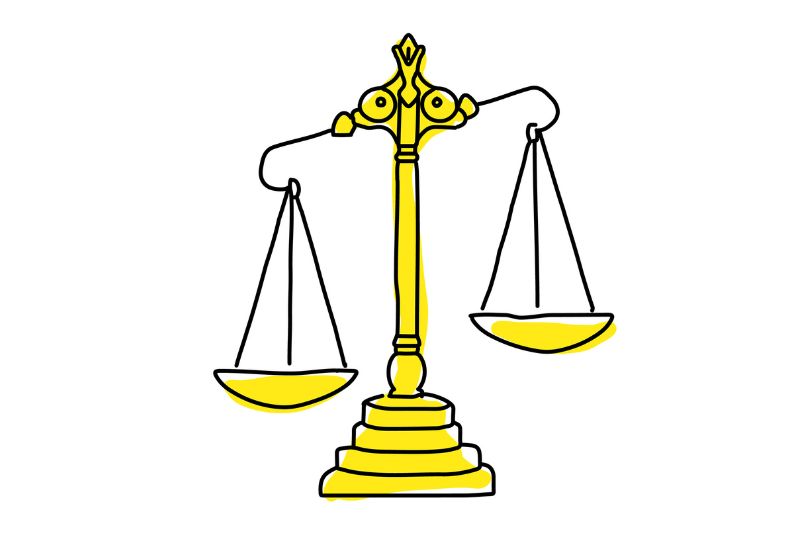
AUSTRALIA
- Andrew Hamilton
- 04 April 2024
1 Comment
This week, the Federal Government quickly introduced a new policy in response to a recent High Court decision that prevents them from indefinitely detaining a small number of individuals they wish to remove from Australia.
READ MORE
-
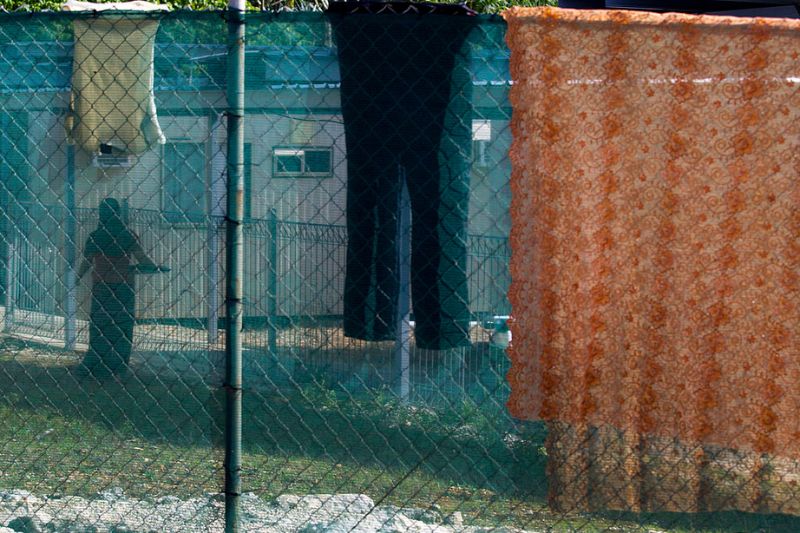
AUSTRALIA
- Andrew Hamilton
- 22 February 2024
If the treatment of persons is unethical, it will inevitably lead to ethical corruption in the people and the institutions involved in administering it. It is almost impossible to participate in a policy based on such unethical premises without being complicit in it. If we do, we become blinded to what we owe one another by virtue of being human.
READ MORE
-
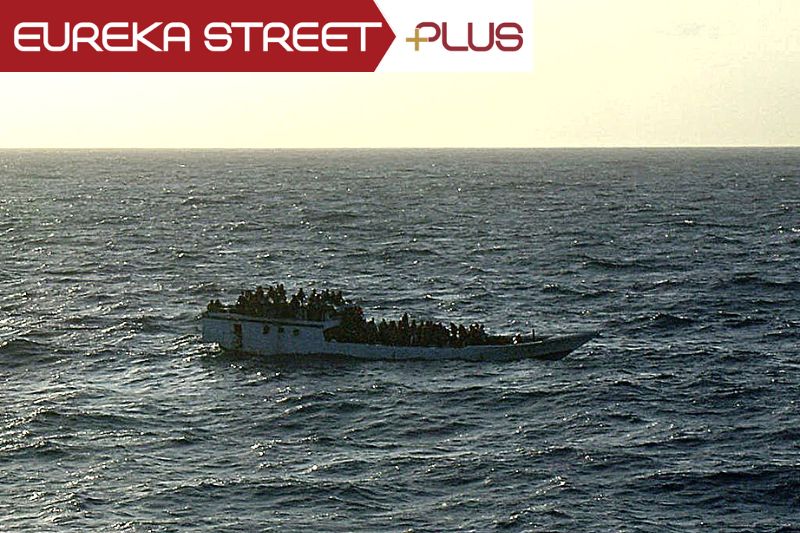
AUSTRALIA
- Kerry Murphy
- 04 January 2024
Throughout recent decades of Australian history, the stance every government has taken on asylum seekers has reflected the shifting political landscapes and challenging humanitarian issues that have continually shaped Australia's response to those seeking refuge.
READ MORE 
-
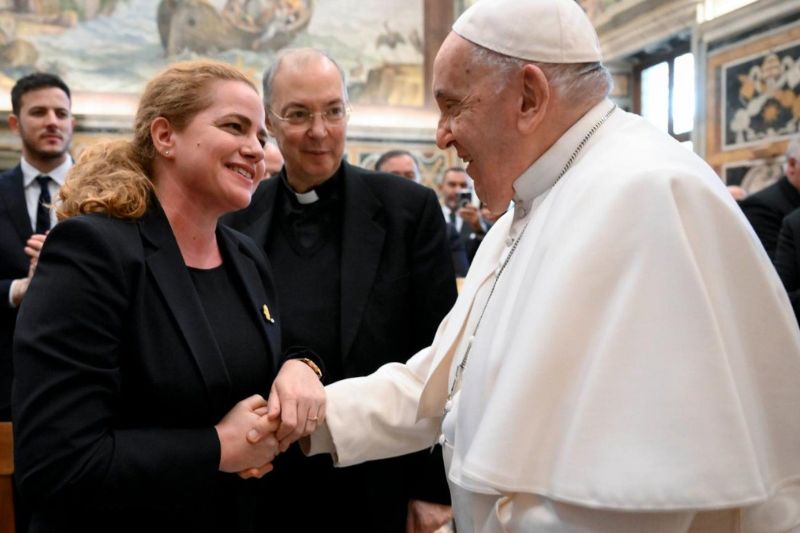
AUSTRALIA
- David Halliday, Michael McVeigh, Laura Kings, Michele Frankeni, Andrew Hamilton, Julian Butler
- 21 December 2023
10 Comments
To close the year for Eureka Street, the editorial team wanted to nominate who we considered to be the Eureka Street ‘person of the year’ based on this year's newsmakers.
READ MORE
-
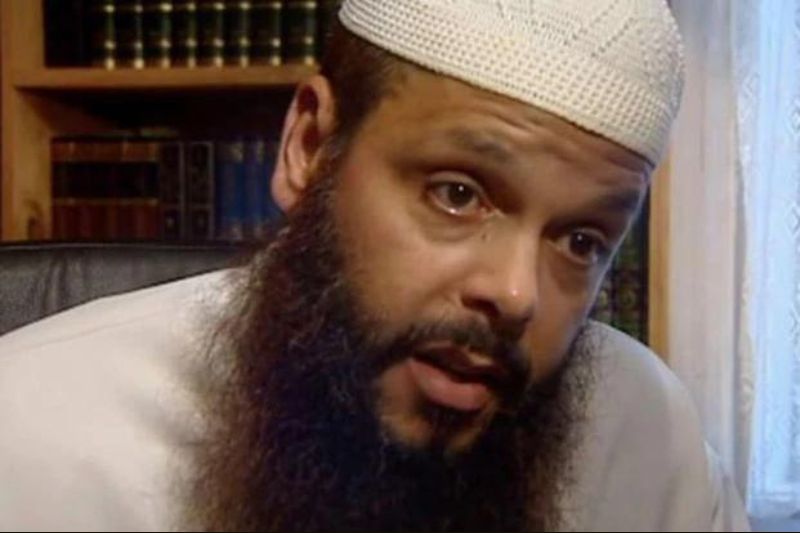
AUSTRALIA
- Kerry Murphy
- 19 December 2023
3 Comments
Accusing someone of being ‘un-Australian’ is easily done, but what crimes or potential threats to the security and safety of Australians should trigger the practice of stripping someone of their citizenship?
READ MORE